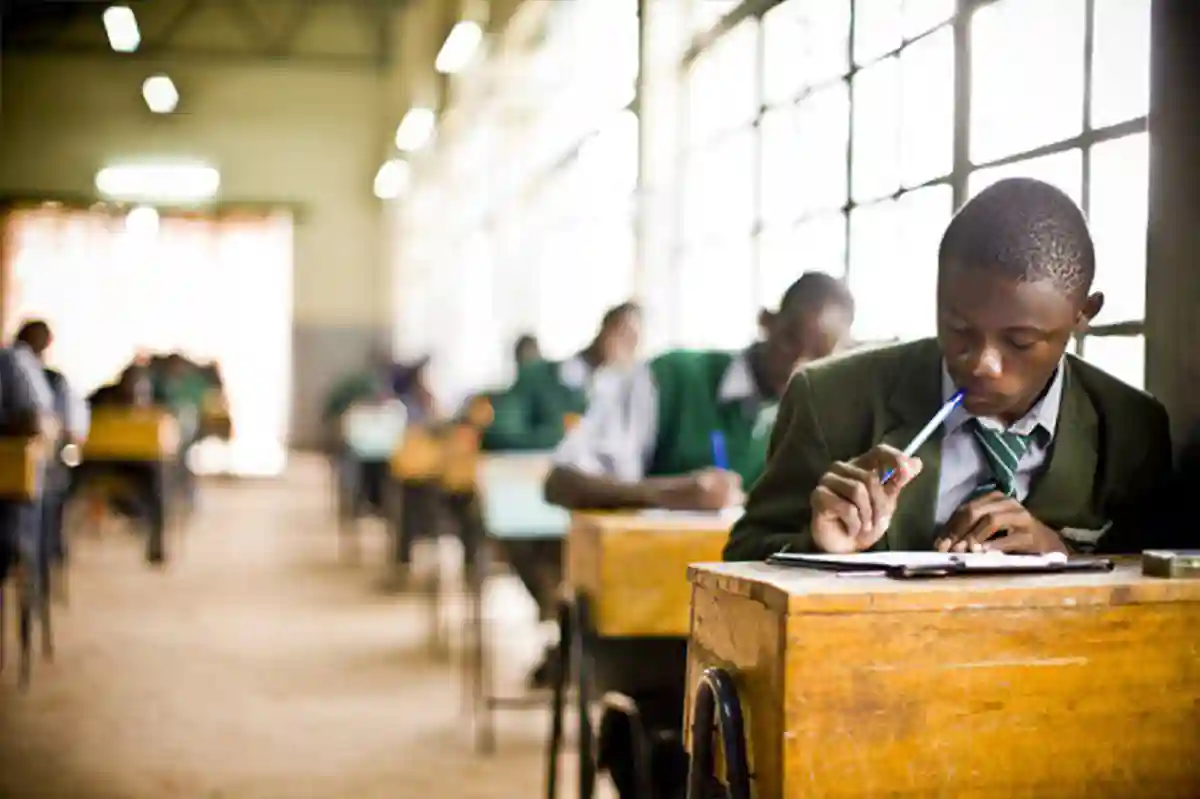Opposition MDC Alliance has called upon the government to urgently review the education sector saying there is a worsening crisis. Pindula News presents the party’s statement:
Urgently Review Crisis In The Education Sector
State of the Education Sector
As the education year draws to a close, the MDC Alliance bemoans the worsening crisis in the education sector. Education is the bedrock of any successful nation yet the regime in Harare has continued to ignore the plight of teachers and schools in the country. Underinvestment in infrastructure, poor remuneration for teachers and a half-baked curriculum are at the core of the crisis. The new curriculum has made ICT a key element of the curriculum, yet 80% of primary and 65% of secondary schools are not electrified. Several students are still learning under a tree, while most infrastructure in rural and resettlement areas is dilapidated. Lack of investment in quality public education as well as poverty have cumulatively affected many children with the consequent high dropout rates epitomised by half the students that have registered to write examinations (Grade 7, ‘0’ level and ‘N level) in 2021 in comparison with 2020 candidates. There is also increased child labour in tea plantations in Chipinge, tobacco farms mostly in Mashonaland provinces, sugar plantations in Chiredzi, and gold mining areas across the country.
While it is accepted that Continuous Learning Assessment Activity (CALA) is important, the hurried nature in which it was rolled out has overburdened the students, teachers and parents. There is therefore great need to increase the budgetary allocation for CALA, develop uniform assessment CALA tools, train teachers effectively on administering CALA, and reduce CALA tasks before its effective implementation. We demand greater investment in quality public education, the setting of benchmarks for a skills revolution in the education sector by blending theory and life experiences and providing life skills that can assist students to function beyond the classroom.
Public Examinations
The credibility of managing public examinations in Zimbabwe is under serious threat because of ZIMSEC’s poor management style. ZIMSEC as a parastatal that runs the management of public examinations must give teachers incentives for invigilation of public examinations in line with the best regional practice. We urge the regime in Harare to speedily resolve the impasse between ZIMSEC and teachers over the issue of invigilation of public examinations. In the interest of enhancing the credibility of ZIMSEC as an examination board it is important to close leakages that have become a perennial challenge.
Teachers’ Crisis
There is growing discontent among teachers largely because of the slave wages being paid to them following the reduction of teachers’ salaries from US$540 in October 2018 to the current average equivalent of US$140. There is also a deficit of 60,000 teachers in Zimbabwean schools with the consequent high teacher-pupil ratio. The absence of dialogue and meaningful collective bargaining have worsened the crisis in the education system with teachers systematically receiving salaries far less than other civil servants.
We call for the challenges in the education sector highlighted above to be urgently addressed through resolution of the remuneration crisis, a consultative curriculum review in order to improve and revamp the functional literacy of the Zimbabwean education system, greater investment in quality public education, and accessible and affordable tertiary education.
Evelyn Muzungu Masaiti
Secretary for Education, Sport and Culture

